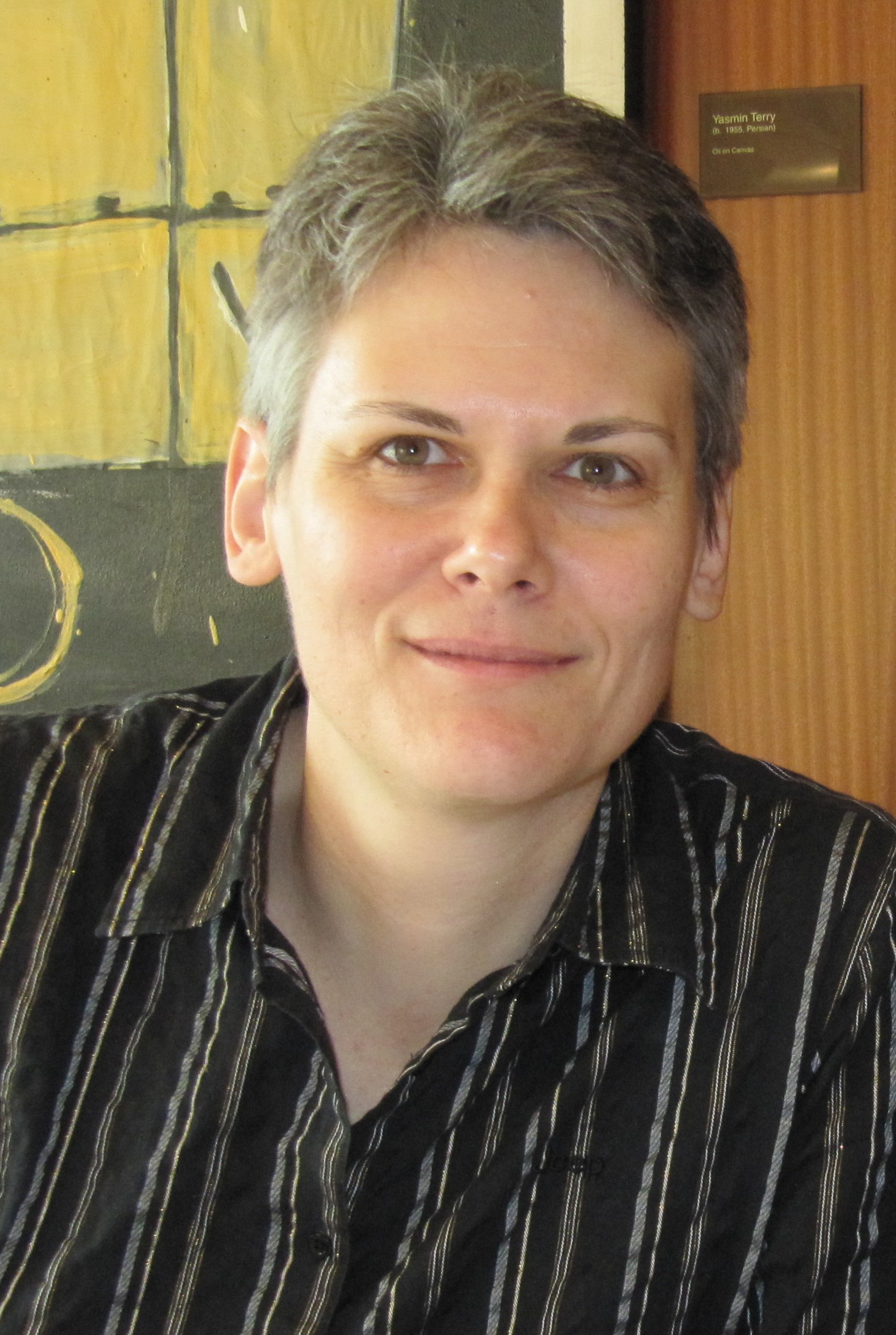
News
Mental health signs and support for your loved ones
Are you concerned about a loved one who may be struggling with their mental health and needs support? You’re not alone. Mental health disorders affect people from all walks of life and while you may feel helpless or concerned, there are many ways to support your loved one’s recovery.
It’s important to “educate yourself about the illness and the resources that are available to help a loved one,” Professor Liezl Koen explains. Professor Koen has been a psychiatrist for close to 20 years and heads up the clinical team at Stikland Hospital and has shared advice.
“Acknowledge their distress or suffering, even if you don’t completely understand it. Work with the treatment team and not against them, rather support them as they have your loved one’s best interest at heart, even when they sometimes don’t agree with you. Avoid being emotionally overinvolved or having unrealistic expectations, but don’t be afraid of setting appropriate limits and enforcing them for the good of the family or group as a whole.”
While the signs that someone needs mental health support might differ from person to person, Professor Koen says there are indicators to look out for.
“Changes in mental functioning affect thinking, behaviour and emotions. Be alert for anything that is different from the usual: excessive worries and fears, dramatic changes in eating and sleeping, unusual behaviour, increased sadness or irritability, inability to respond to positive input, social withdrawal, under-performance, decrease in self-care or loss of hope. Don’t be afraid to ask if you are concerned.”
What’s the next step after identifying signs that a loved one needs support? You can seek help from mental health professionals.
“If you are concerned that you or a loved one may be suffering from a mental illness you should see a health professional at your nearest day hospital or general practice. Importantly, you will first be screened to ensure that you do not have an untreated medical illness that mimics psychiatric symptoms. From there you will then be referred to a service that best suits your needs.”
Professor Koen adds that “not all mental symptoms need intervention from a medical doctor or psychiatrist, as a social worker, counsellor or psychologist may be the most appropriate person to see for your symptoms”.
There are a range of mental health services available in both the metro and rural areas in the Western Cape. You can be referred to your nearest appropriate primary healthcare facility for further evaluation and treatment as necessary.
In the Cape Metro, there are four specialised referral psychiatric hospitals including Stikland, Valkenberg, Lentegeur and Alexandra, as well as various Mental Health nurses based at the primary healthcare facilities across the province. Patients needing further mental health care will be referred to one of these specialised hospitals by their primary healthcare team.
“The Mental Health Information Centre is also a good source of information in terms of which support groups and additional services exist in your area. You can reach them at 021 938 9229. There are also numerous national acute helplines such as Lifeline 0861 322 322, the Suicide Crisis Line 0800 567 567 and the services offered by the South African Depression and Anxiety Group 011 234 4837,” advises Professor Koen.
You can also improve your general wellbeing by making lifestyle changes. While mental and physical health are regarded by most as being separate, Professor Koen says the reality is that poor mental health directly impacts physical wellness.
“As one example, depression can cause chronic tiredness, sleep problems and increased sensitivity to aches and pains via abnormal neurotransmitter function in your brain. Thus, neglecting the interaction between mental, physical and social well-being not only affects your ability to make healthy decisions but it can also directly lead to complications such as high blood pressure, being overweight or having a weak response to fighting infection.”
Professor Koen advises that you can help your loved one by ensuring that they:
Get regular exercise: “Exercise can release feel-good brain chemicals; you can choose a programme or form of exercise that works for you and stick to it!”
Maintain a healthy diet: “Always include fruits, vegetables and fish or good fats in your diet, such as nuts, if at all possible.”
Get enough sleep: “Not getting enough sleep can impact your mental well-being.”
Use treatment if needed: “It’s important that you remain adherent to the treatment programme you and your healthcare provider have decided on.”
Embrace support: “Enhance your social support and don’t be afraid to reach out to family and friends for mental health support.”
Professor Koen says it is also critical to avoid using substances to self-medicate symptoms, as it can lead to symptoms worsening or even the development of new symptoms.
As the world observes World Mental Health Day on 10 October, it’s important to raise awareness around mental health issues as it can increases chances for early intervention and reduce the many misconceptions.
“Be mindful of how hurtful certain words or terms can be and don’t just be okay to use words like ‘crazy’ because ‘people should not be so sensitive’. Speaking out in positive ways and sharing stories of hope reduces stigma.”
Professor Koen is passionate about mental health and says she’s inspired her colleagues, especially the nursing staff at Stikland, who continues to work towards enhancing overall quality of life for clients and their families rather than just trying to “manage” illness.
“For us as mental health professionals it remains a privilege to walk alongside people who, in spite of what at times can be a very tough struggle with the challenges their mental illness brings, remain committed to actively continue onwards to meet their personal recovery goals.”
Shimoney Regter
Communications Officer
Department of Health
Western Cape Government
Office: 021 815 8885
Cell: 081 342 6687
E-mail: shimoney.regter@westerncape.gov.za
Website: www.westerncape.gov.za


